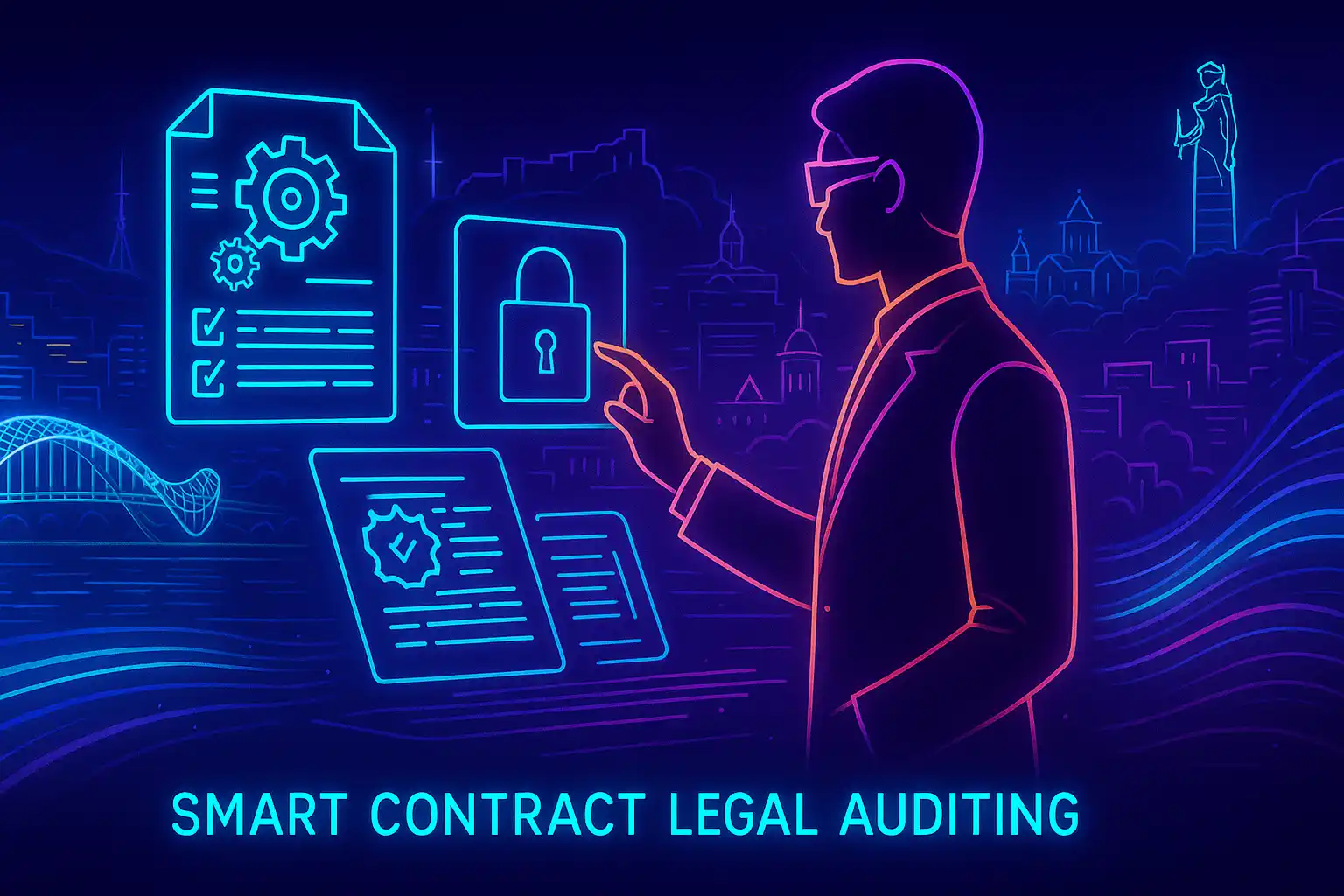Smart contracts are the engine of automation and trust in the blockchain ecosystem, but the common belief that “code is law” is a dangerous fallacy. In reality, a smart contract is merely a technological method of performing an agreement. Its ultimate enforceability, risk allocation, and interpretation are governed entirely by traditional principles of contract law. Code left without legal analysis can create unintended liabilities, expose parties to catastrophic financial risk, and prove useless when challenged in court. Legal Sandbox Georgia provides a critical service: bridging the gap between developers and the law to ensure your smart contracts are not just technologically functional, but legally ironclad.
Our process is divided into two fundamental stages. The first is proactive legal architecture, where we work alongside your team before the code is even written. At this stage, we create the “legal wrapper” for the smart contract—a traditional agreement that defines the parties’ intent, commercial logic, dispute resolution mechanisms, governing jurisdiction, and liability for unforeseen events. This document provides the essential context a court would rely on in a dispute, transforming your code into a component of a legally recognized agreement.
The second stage is the technical-legal audit. Unlike technical auditors who search for security vulnerabilities, we analyze the code from a legal and operational risk perspective. We verify that the coded logic (the “if-then” conditions) precisely reflects the parties’ original commercial deal. We identify legal ambiguities where the code could be interpreted in multiple ways. We assess the legal implications of relying on external data sources (oracles) and define liability in case of their failure. Finally, we audit the contract’s functions for regulatory compliance, preventing inadvertent violations of financial laws or data privacy regulations.

